ABC
Happiness
Doctrines and rituals
“Happiness” (Skt. sukha) is not in itself a key concept in Buddhist philosophy. The term describes the feeling of joy and contentment one experiences, for example, upon awakening, while residing in the Pure Land, or upon entering nirvana. Happiness is linked to living a life of virtue and striving for salvation. The opposite of happiness is suffering.
"He who walks the Noble Eightfold Path, the straight and healing course to overcome death, his pursuit of happiness will be fulfilled when he follows it, and glory and respect shall be bestowed on him from everywhere."1
Udanavarga
"There are two forms of happiness, dear monks. What are they? The happiness of the one with home and the happiness of the one with no home. Those are the two forms of happiness. The greater of the two, let it be said, is the happiness of the one with no home."2
Sutrapitaka
"A mind unruffled by the vagaries of fortune, from sorrow freed, from defilements cleansed, from fear liberated – this is the greatest blessing. Those who thus abide, ever remain invincible, in happiness established. These are the greatest blessings."3
Sutrapitaka
1 Udanavarga 12, 20, translated from Axel Michaels, Buddha. Leben, Lehre, Legende, München: C.H. Beck, 2011, S. 74.
2 Anguttara Nikaya, 2. Buch, Das Kapitel des Glücks, Sukha Vagga 65–77, translated from http://palikanon.com/angutt/a02_053-118.html#a_ii65, visited 25.09.2018.
3 Khuddakanikaya, Khuddakapatha, Mangala Sutta 11–12, translated from Klaus Mylius, Die Vier Edlen Wahrheiten. Texte des ursprünglichen Buddhismus, Leipzig: Verlag Philipp Reclam jun., 1988, S. 209.
Voices
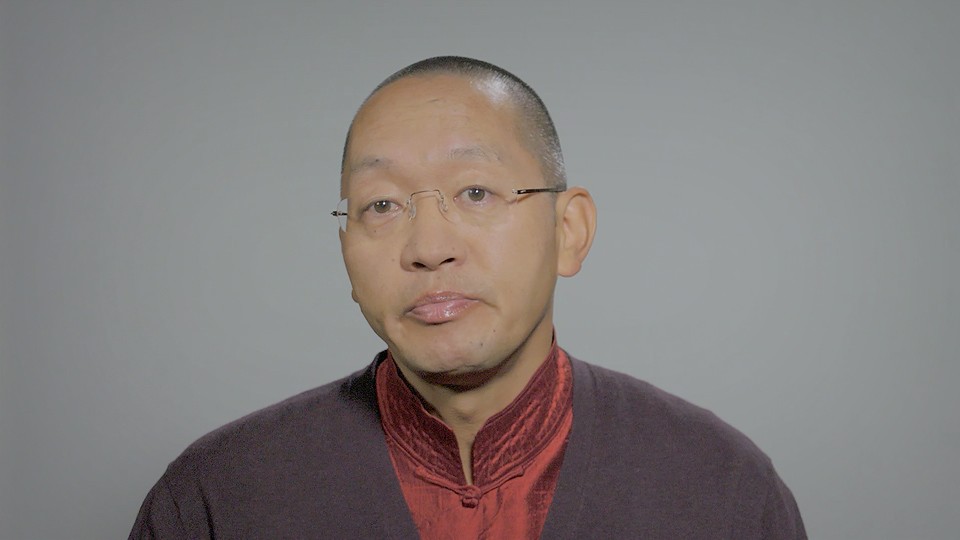

Jens Schlieter
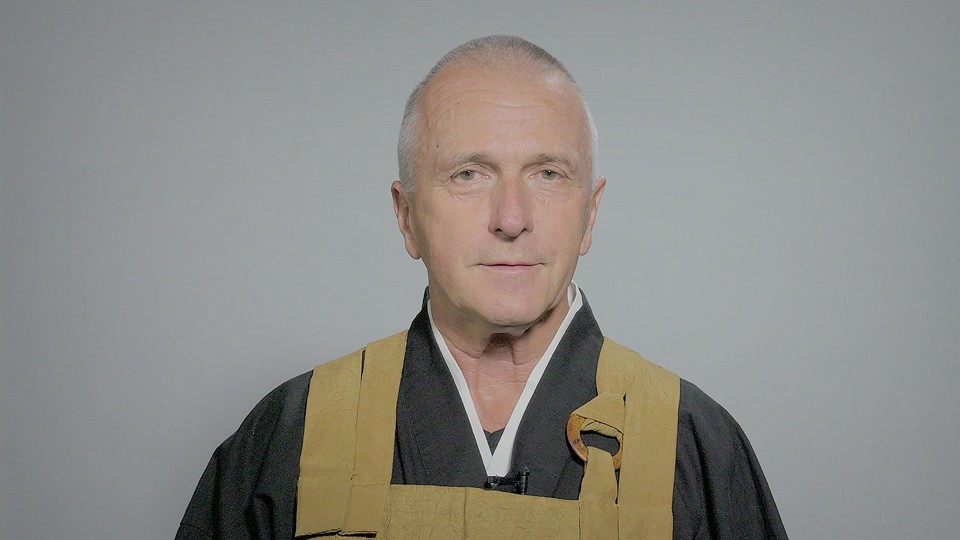
Marcel Geisser
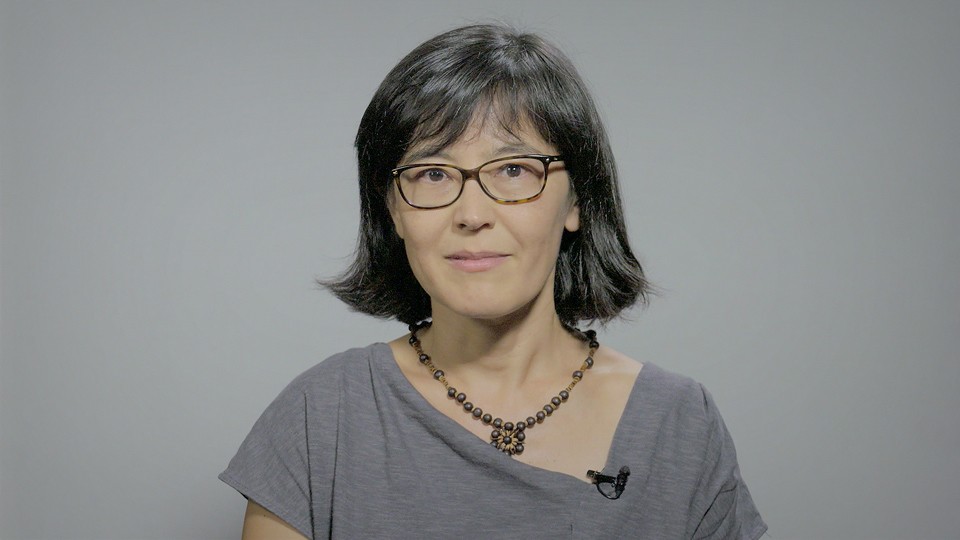
Yuka Nakamura
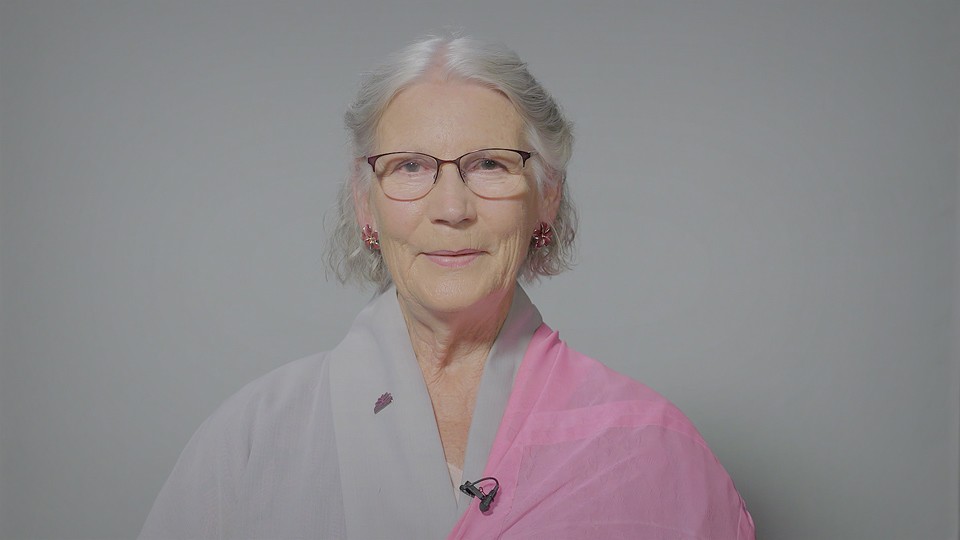
Margrit Horlacher
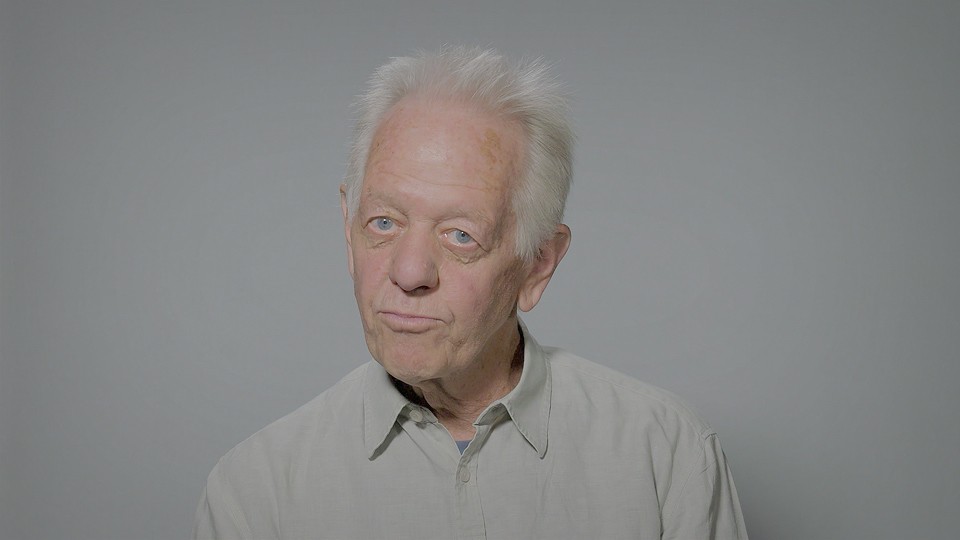
Heiri Schenkel
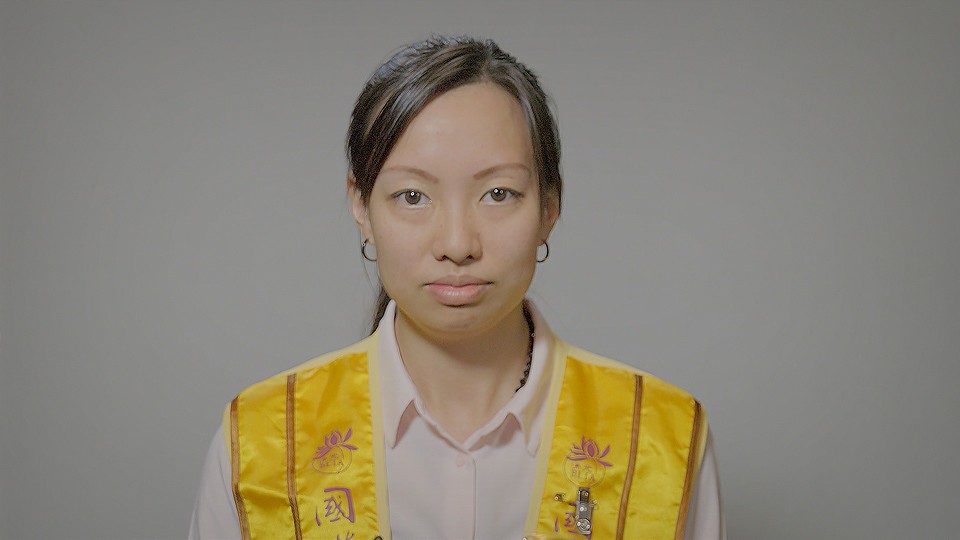
Kayenne Ha

Phrajit Ziegler
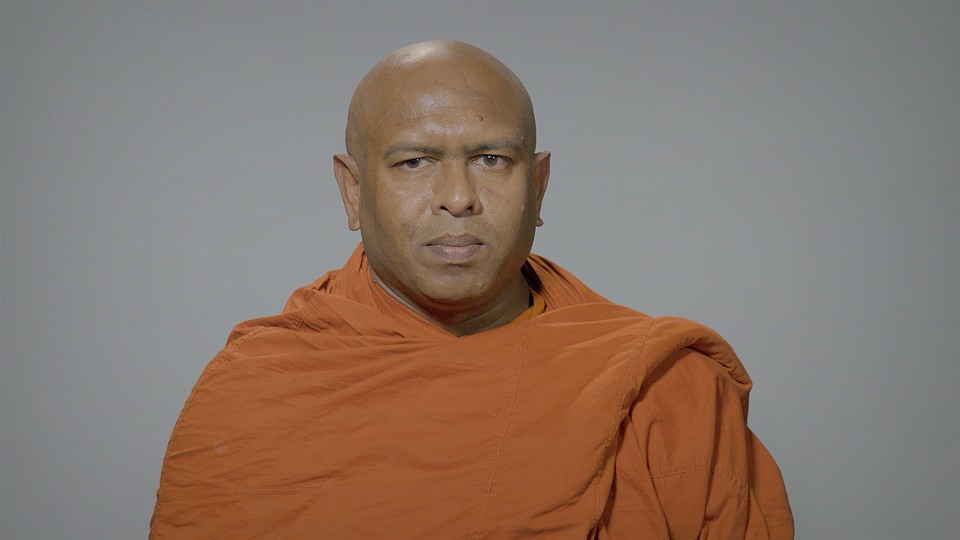
Bhante Anuruddha
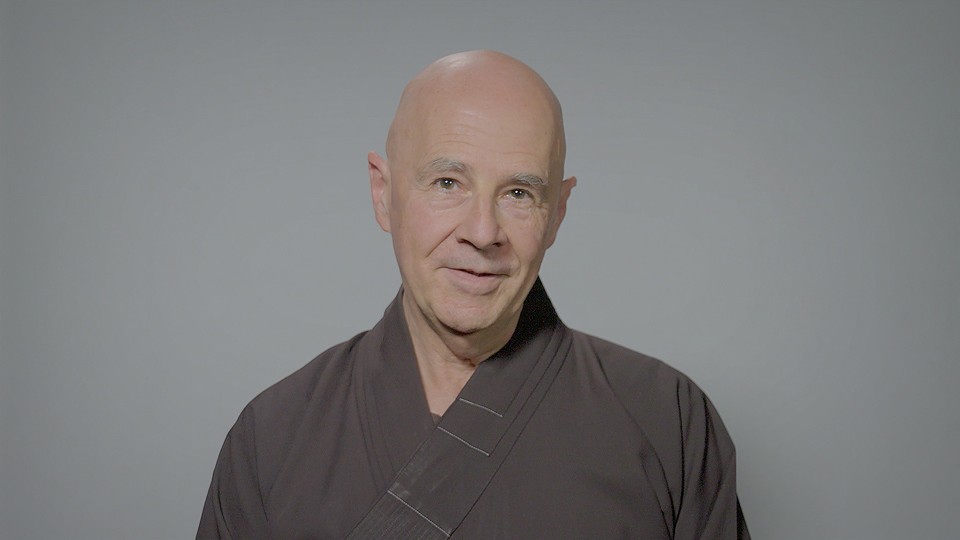
Thich Duc Tinh